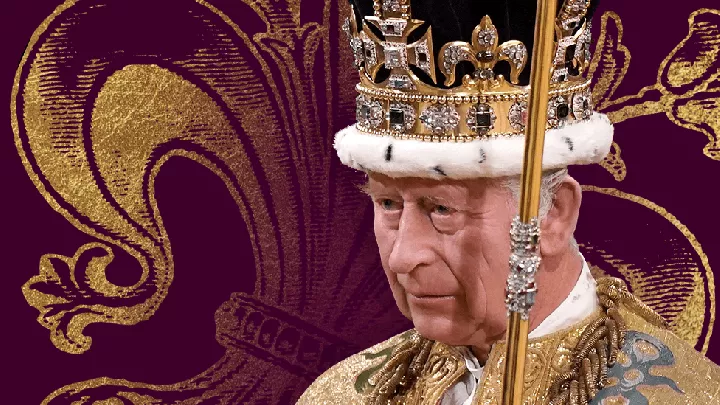
King Charles III will maintain his place as the monarch and head of state for fourteen sovereign countries, collectively known as the Commonwealth realms.
Although he may be set to lose the sovereign state of New Zealand after the Prime Minister Chris Hipkins had on May 1 announced that he favours the country becoming a republic.
But the Prime Minister added that he was not pushing for this to happen as soon as possible.
However, the Prime Minister gave an assurance again hours before leaving for London to attend King Charles III's coronation, telling reporters, "Ideally, in time, New Zealand will become a fully independent country, will stand on our own two feet in the world, as we, by and large, do now".
New Zealand is a self-governing former British colony.
However, Charles retains a largely ceremonial role as head of state and king and is represented in New Zealand by a governor-general.
Other countries under King Charles rulership include:
Antigua and Barbuda
Australia,
The Bahamas
Belize
Canada
Grenada
Jamaica
Papua New Guinea
Saint Kitts and Nevis
Saint Lucia
Saint Vincent and the Grenadines
The Solomon Islands
Tuvalu
United Kingdom (UK).
Barbados had in 2020 become the newest republic in the world after it removed the then Queen Elizabeth II as its head of state.
Mauritius also became a republic in 1992.
As head of state, King Charles, who is represented by a Governor-General in the countries in question, through the Governor-General opens and dissolves parliament, commissions the Prime Minister, appoints other ministers after elections.
He also gives assent to laws passed by Parliament and performs ceremonial duties as Commander-in-Chief of Armed Forces, such as attending parades.

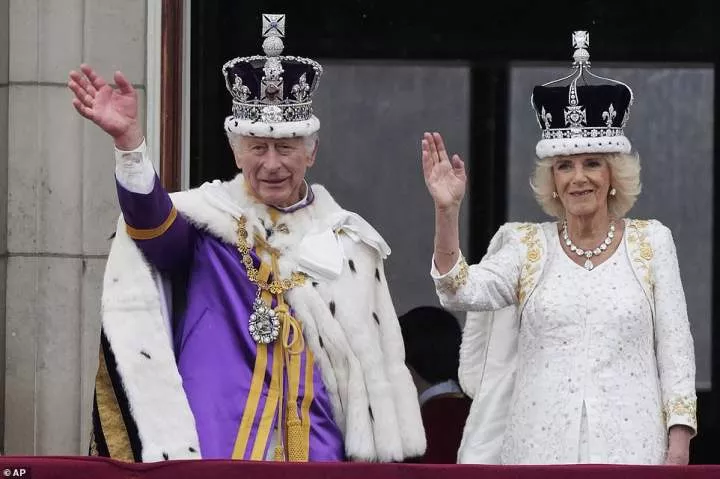
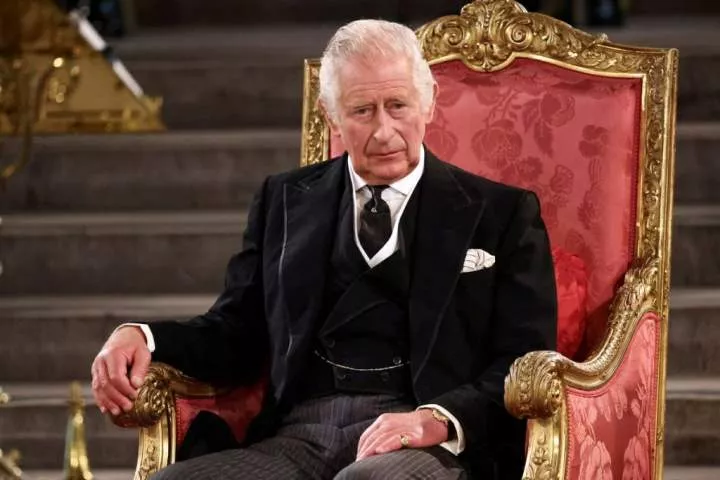
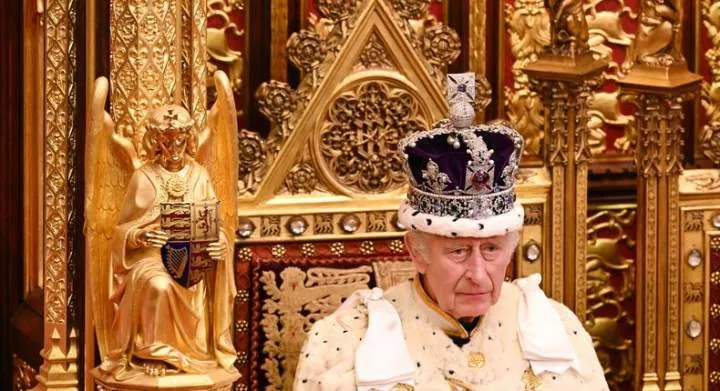
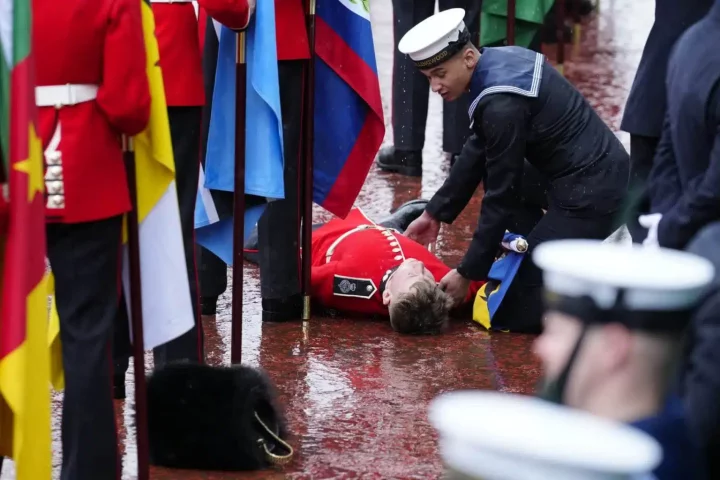
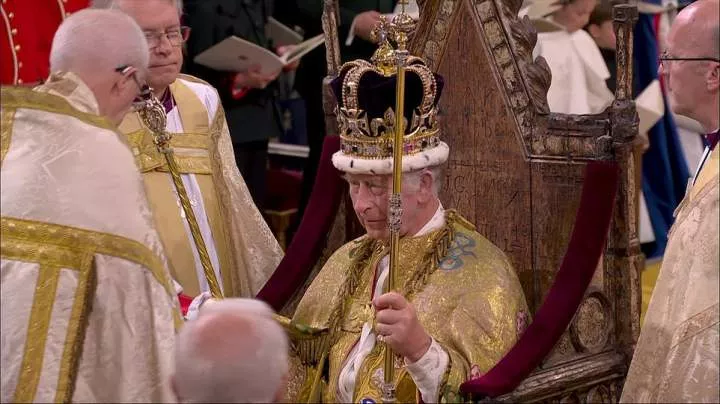
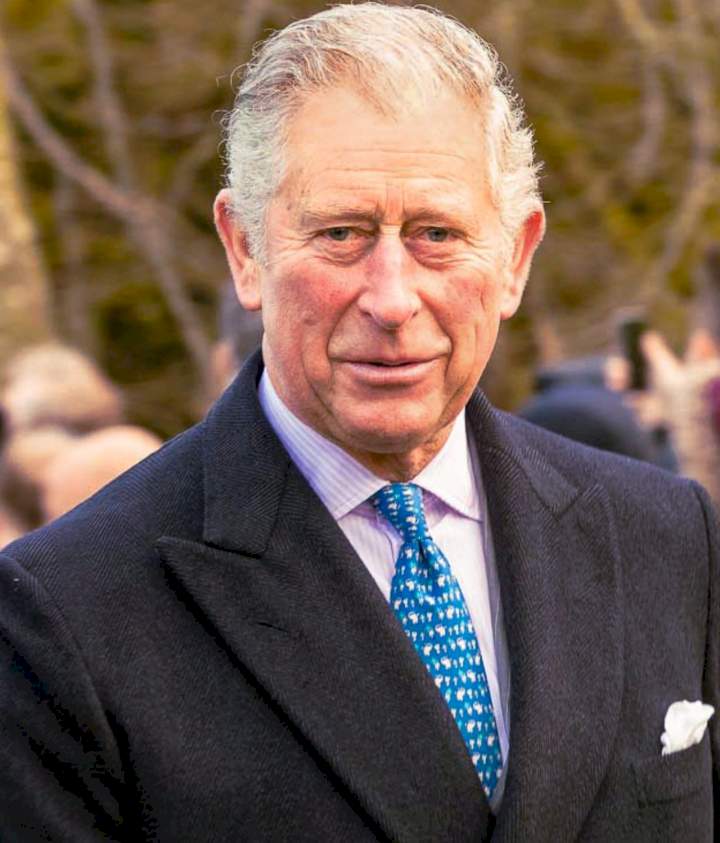


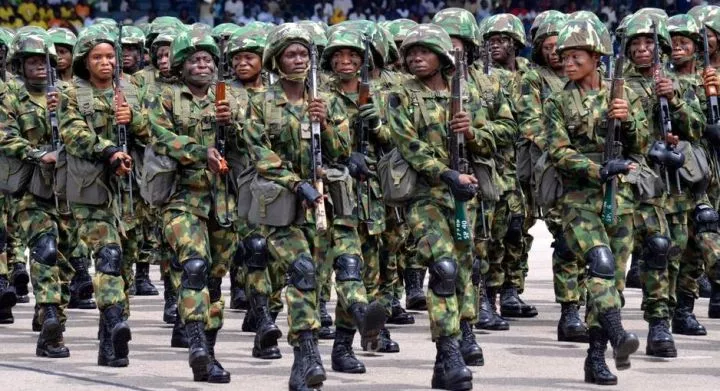
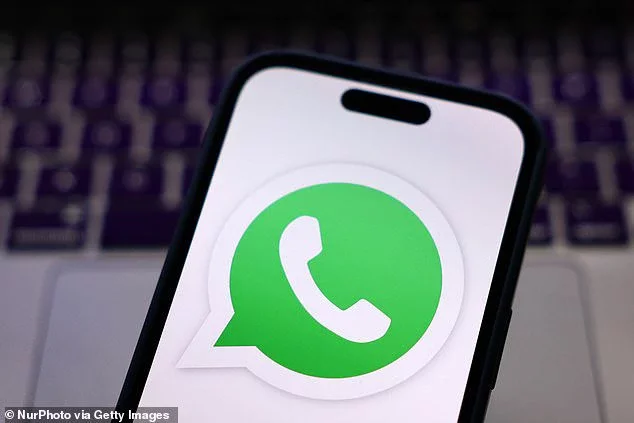
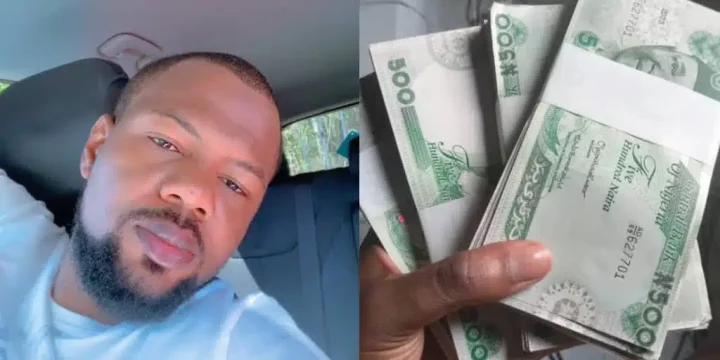

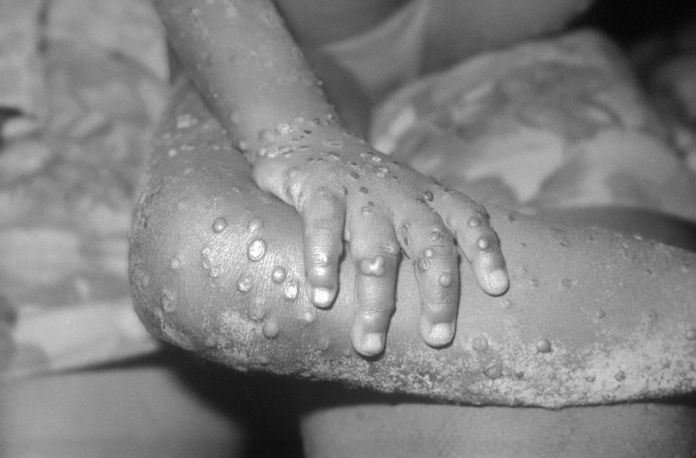

Comments